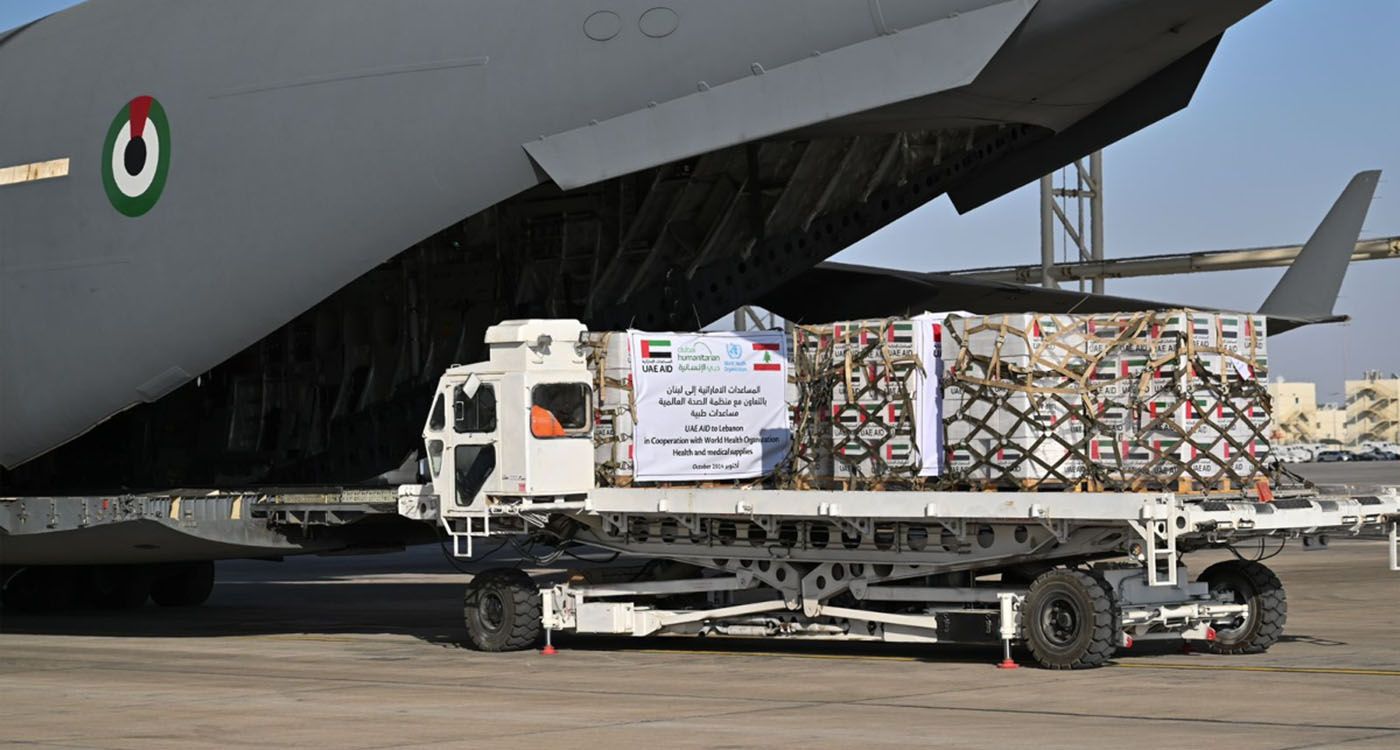
On October 1, caretaker Prime Minister Najib Mikati and UN Humanitarian Coordinator Omran Riza launched an urgent appeal for $426 million to address the immediate humanitarian needs of civilians affected by the war and the resulting crisis. To date, the United Nations has secured commitments totaling approximately $150 million, with continued efforts underway to raise additional funds in response to the pressing and urgent needs in Lebanon.
Since October 8, 2023, the international community and humanitarian organizations, in coordination with the Lebanese government, have been actively working to support Lebanon. They have allocated $9 million from the UN Central Emergency Response Fund and $24 million from the Humanitarian Fund for Lebanon in April and August 2024, respectively, including a dedicated $10 million for humanitarian efforts in southern Lebanon. In September, an additional $20 million was earmarked—$10 million from the Humanitarian Fund and $10 million from the Central Emergency Response Fund—to address basic life needs and enhance the ongoing response.
Despite these contributions, they fall short of what is needed to confront the catastrophic humanitarian crisis. There is a significant resource deficit, and an urgent call for additional support from the international community is essential. The World Food Programme (WFP) has strategically pre-positioned food supplies, effectively meeting the daily needs of nearly 200,000 people through ready-to-eat meals and cash assistance. Moreover, the United Nations International Children’s Emergency Fund (UNICEF) is providing essential services and psychological support to children and their families in collaboration with government ministries and partners.
The alarming statistics in Lebanon continue to escalate, with deaths, injuries, and displaced individuals now surpassing 1.2 million. This surge exacerbates the crisis, placing additional strain on the country’s already beleaguered resources and infrastructure, and impacting the most vulnerable populations. International organizations, including the WFP and UNICEF, underscore the widespread devastation and the pervasive fear and confusion among citizens confronting an “uncertain future”. Their homeland is engulfed in flames, as a war that the world sought to prevent unfolds, leading to a catastrophe where families are forced to live in perilous conditions. As the conflict escalates, the psychological damage on the population—especially among children and youth—continues to grow.
Regarding the Lebanese authorities' response to the crisis, efforts remain constrained due to limited funding sources amid a dire financial situation. The response relies heavily on external aid and international support from various organizations and donors, as well as assistance from Lebanon’s friendly nations. The responsibility for managing the crisis has been assigned to the Government Emergency Committee, led by caretaker Minister of Environment Nasser Yassin. Since the onset of the crisis, this committee has been working to address the situation, establishing 1,095 shelters and reception centers for the displaced, with 191,516 registered individuals—908 of which have reached full capacity. The committee also coordinates with international institutions, organizations, and donor countries.
Despite the considerable pressures and challenges faced by the Emergency Committee in managing the current crisis, recent developments have revealed “internal” obstacles that jeopardize the effectiveness of the WFP’s initiative to assist Lebanon.
Following the distribution of the agenda by the General Secretariat of the Council of Ministers for the follow-up and discussion of issues raised before the Ministerial Emergency Committee, a session was expected at the beginning of this week to address food security and local kitchens. The relevant authorities for this topic were identified as the Ministry of Social Affairs, the Ministry of Health, the Ministry of Agriculture, and the WFP, which allocated $122 million to provide meals for the displaced people in shelters over the next four months.
However, caretaker Minister of Social Affairs Hector Hajjar intervened, attempting to exert control over the funding earmarked by the WFP, which threatens to undermine the initiative. Sources monitoring the Emergency Committee meetings report that Hajjar devoted most of his comments to questioning the program's transparency and directing accusations at it. Among his claims, he alleged that the program charges $5 per meal while the actual cost is only $2.50, and that meals arrive either too early or too late, according to sources who attended the meetings.
Hajjar's accusations did not stop there; he also claimed that the meals provided by the WFP caused food poisoning for dozens of displaced individuals. The Emergency Committee dismissed all these allegations, with sources from the Ministry of Health confirming the safety of the meals distributed to the displaced and denying any reported cases of food poisoning in shelters as a result of the program's meals. Furthermore, Hajjar's claims regarding delivery schedules were unsubstantiated.
The crux of the matter lies in the cost of the meals. Although these are funded by the WFP's budget and managed according to its procurement procedures, some sources suggest that the allocated funds may have sparked the greed of certain individuals. Notably, these individuals previously demanded control over the WFP's central kitchen in Lebanon and its financing while occasionally proposing contractors close to them who would provide meals at half the price. These proposals faced resistance from the program and a lack of enthusiasm from members of the Emergency Committee, who opposed any exploitation of the displaced people’s needs.
In any case, it seems that Hajjar's boycott of the sessions dedicated to food security discussions will continue in the coming days, especially after a committee member reportedly indicated that he threatened to sabotage the project.




Comments